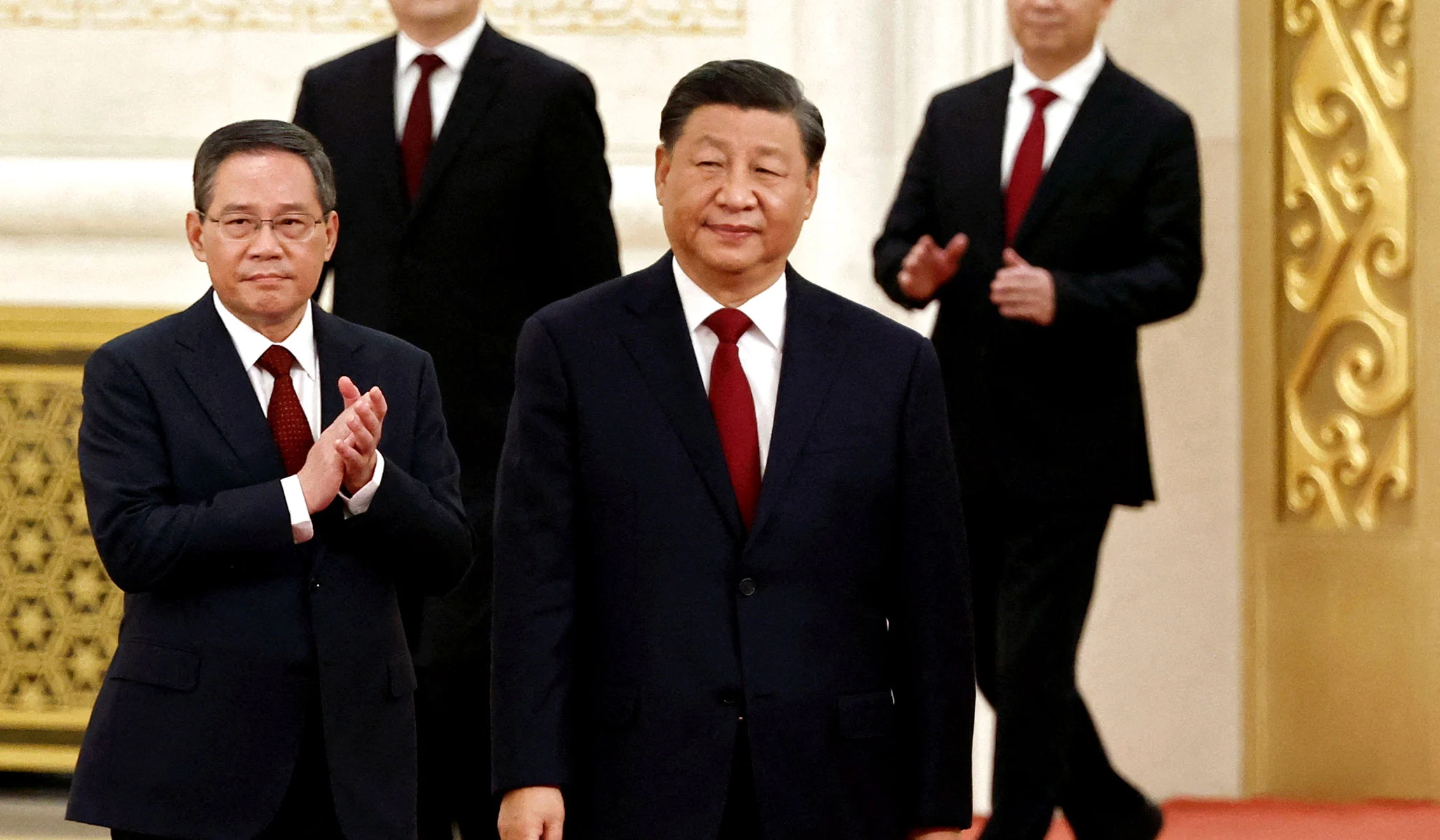A group of lawmakers and residents in Big Rapids, Michigan are fighting to halt the construction of a battery plant that proponents say would create thousands of local jobs. The $2 billion plant has faced objections regarding its environmental impact, but one of the opponents’ underlying concerns is that Gotion Inc., the California-based company seeking to build the plant, is owned by a Chinese firm whose bylaws require it to have an in-house Chinese Communist Party cell.
Gotion vice president Chuck Thelen ridiculed these concerns, stating that his company is not behind a “plot to spread communism.” However, Beijing has a degree of influence over the parent company, which could be used to manipulate the U.S. subsidiary and the Michigan plant for commercial or geopolitical purposes. This risk is not unique to Gotion or companies headquartered in China, as a growing number of U.S. businesses have party cells in their Chinese subsidiaries.
Chinese law requires any organization with three or more CCP members to set up a party cell, ensuring CCP oversight of Chinese firms. Xi Jinping’s government has pushed since 2016 for more subsidiaries of foreign companies to comply. Last year, China’s securities regulator ordered foreign-owned-fund managers to set up party cells, giving the CCP a backdoor into the leadership and operations of financial giants that have large amounts of capital, data, and political influence in Washington.
While apologists for these companies point out that party cells usually don’t interfere in companies’ day-to-day operations, they give the CCP broad access, which it could use to intervene in businesses if it ever desired to. It is increasingly common for companies to grant party-cell members positions on their corporate boards and in senior management. Some private companies have even amended their bylaws to require consultation with the party cell prior to making key business decisions. Given these trends, it would be naïve to expect party cells in U.S. firms to maintain a hands-off approach.
TikTok provides an illustrative example of how the CCP already uses party cells to influence corporations. While TikTok is ostensibly a U.S. domestic company, most of its strategic decisions are made in Beijing, where the CCP cell of its parent company, ByteDance, is also housed. The head of ByteDance’s CCP cell serves as the chief censor of the company’s biggest Chinese app, and party-cell members are preferentially hired for censorship jobs for other ByteDance products.
Many U.S. firms are reluctant to establish CCP cells, but they know that displeasing the CCP could put their business operations in China at serious risk. Today, many U.S. firms are moving to establish party cells before being compelled to do so by Beijing. Both the executive branch and Congress have options at their disposal to decrease the influence that China has, through private entities, in the U.S. One policy lawmakers should consider is prohibiting U.S. companies from establishing CCP cells in their Chinese entities.

